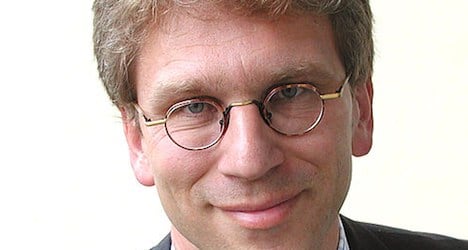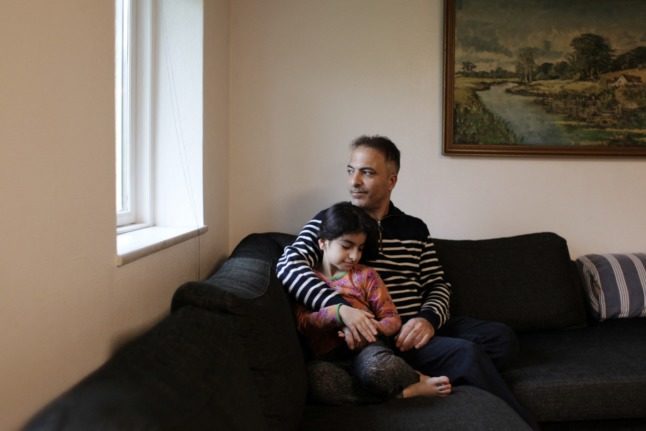"We plan to have parallel consultations when the Geneva II meeting happens, so we can mobilize both Church leaders and other religious leaders for a commitment to a peace process in Syria," WCC head Olav Fyske Tveit told reporters on Thursday.
Asked whether he aimed to get Muslim clerics from inside Syria on board, he replied: "We'll see what's possible. But of course we'll invite them, and other major Muslim partners, who come from the opposition of course, but also from neighbouring countries."
The so-called Geneva II negotiations are meant to be based on talks in the Swiss city in June 2012, where world powers called for a Syrian transition government.
But the warring sides failed to agree on whether President Bashar al-Assad could play a role, and amid spiralling fighting the plan stalled.
In a renewed effort to hold Geneva II, UN-Arab League envoy Lakhdar Brahimi is to meet US Secretary of State John Kerry and Russian Foreign Minister Sergei Lavrov on September 28th.
Moves for a parallel faith summit followed talks among Church leaders, including from Syria, at a closed-door WCC meeting Wednesday attended by Brahimi.
Christians and Muslims have lived peacefully together in Syria for centuries, but fears are mounting for Christians as ultra-Islamists gain clout among the rebels fighting Assad.
The Christian community generally has been well-treated in the four decades since the Assad family — of the Alawite minority, a branch of Shia Islam — came to power.
That has fuelled claims by some Assad opponents that Christians support him as a group, making them targets, while he paints himself as a shield against militant Islam.
Syria's conflict erupted after a crackdown on anti-regime protests in March 2011.
It morphed into a sectarian war — Sunni Muslims dominate the rebel camp — which has claimed over 100,000 lives, driven two million refugees from the country, and displaced millions more within Syria.
"All communities in Syria have a certain fear, not only the Christians, a fear for the future," said Michel Nseir, head of the WCC's Middle East programme.
"Christians, as everybody else, are victims of this war."
The WCC groups 345 denominations — except Roman Catholics — representing a global congregation of 560 million.



 Please whitelist us to continue reading.
Please whitelist us to continue reading.
Member comments